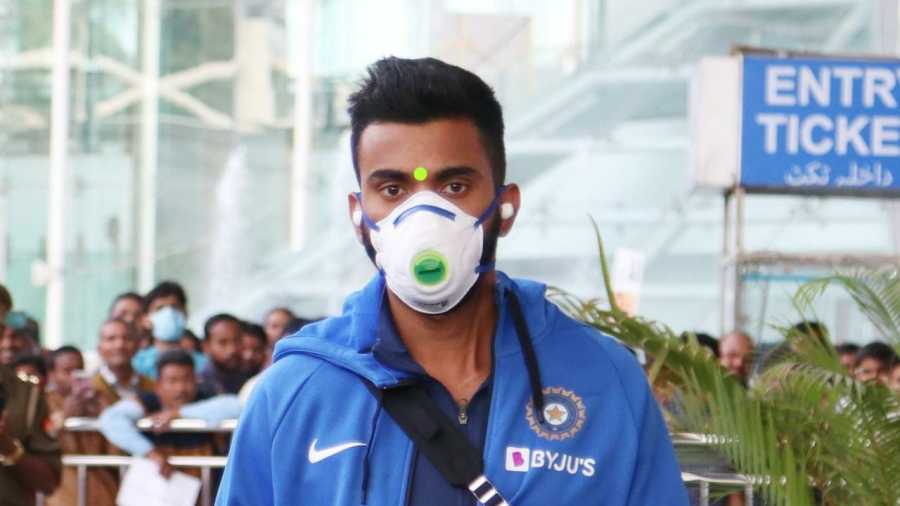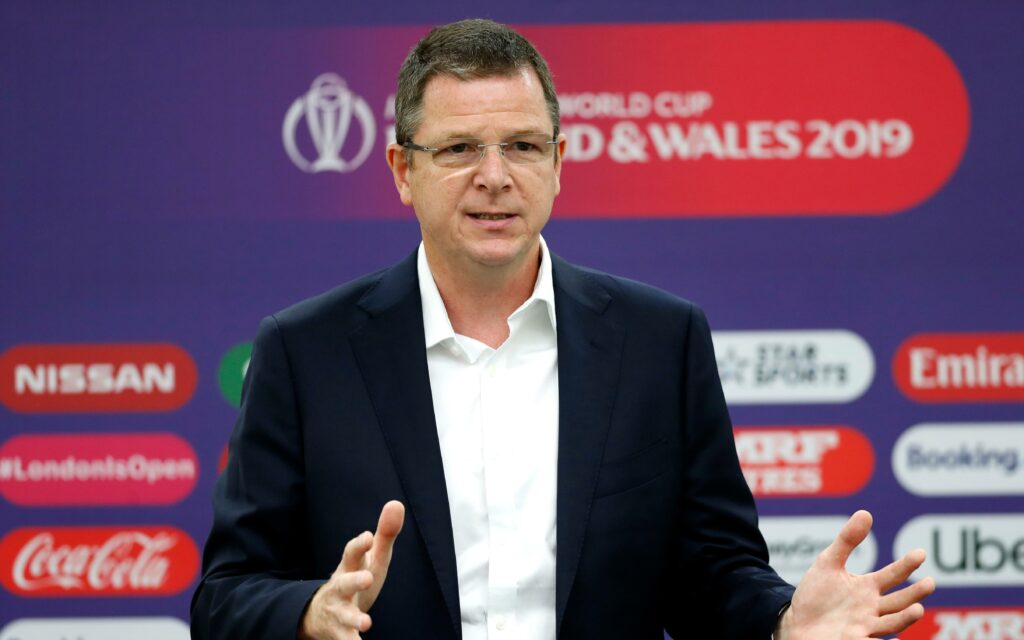During a media briefing on Thursday, Alex Marshall has mentioned that any player testing positive (irrelevant of the person being symptomatic or asymptomatic) will undergo a strict 10-day quarantine. Players in close contact with those who tested positive, will have to undergo a 6-day quarantine.
Close contact has been defined as anyone who has been within two meters of the player who tested positive, for at least 15 minutes and 48 hours prior to test or symptoms. Those who were close contacts but had their faces covered must be tested in a period of 24 hours to determine if they are allowed to be part of the bubble.

Marshall has strictly stated that there will be no tolerance towards bubble breaches. The management and players must adhere strictly to the stringent terms and conditions, since it is for their own safety. Although he mentioned that there is no clear guideline as to what sanction will be placed in the event of a bubble breach, needless to say, the repercussions will be severe.
Answering a very crucial question about players unwilling to or scared to take the field because of opposition players testing positive, Marshall mentioned that the situation will be dealt by Biosafety Scientific Advisory Group.
BSAG would be headed by Dr Gurjit B, and will be accompanied by Dr Abhijit Salvi (event chief medical officer), Dr Peter Harcourt (chair, ICC medical advisory committee), and Dr Dave Musker (ICC Covid compliance officer).
Citing Tokyo 2020 as an example, Alex Marshall has reassured that this scenario might not turn up:
“We know from other sports, the Olympics in Tokyo is a good example, they had no cases of competitors outdoors taking part in sport passing on Covid-19. So playing outdoors on a cricket field against another team will be very low risk to other players.”
He stated that the organizers and biosafety heads understand the importance of having family members close to cheer the players, and hence the players will be allowed to bring a few family members, mostly the immediate ones like wives and children. Players will also have the provision of speaking to a psychologist in case anyone is facing mental health issues.
The fans attending stadiums will have to wear masks, and considering the fact that 94% of the UAE’s population had at least one of their vaccine doses, to play in empty stadiums might not be a necessity. However, it was mentioned that any kind of contact between fans and players will be avoided.


